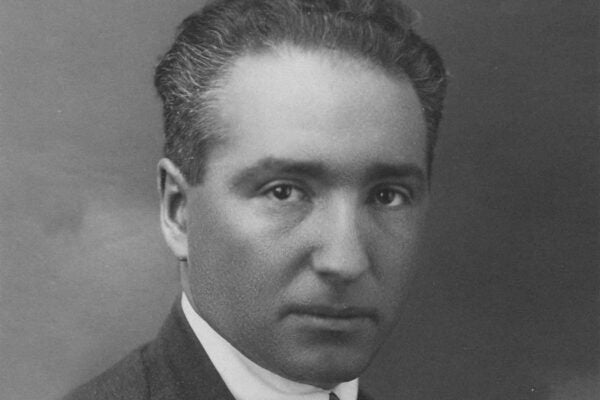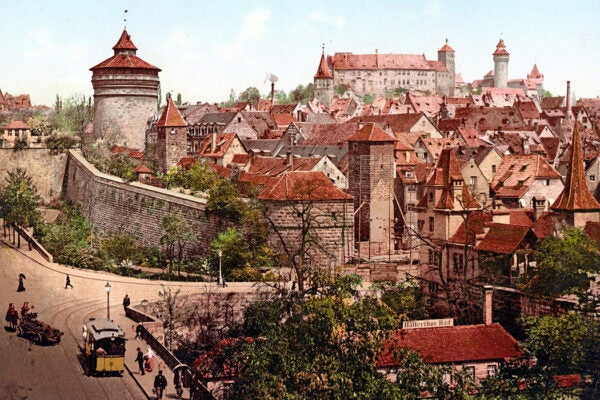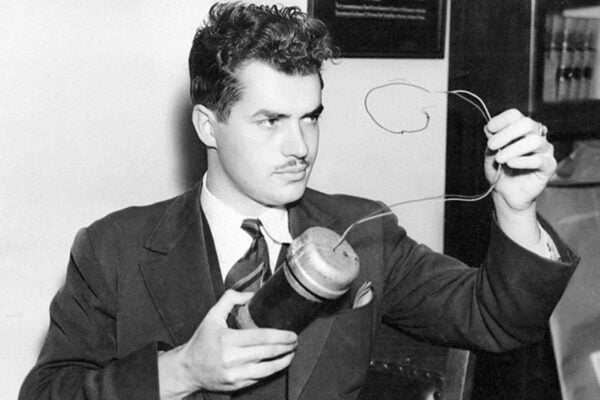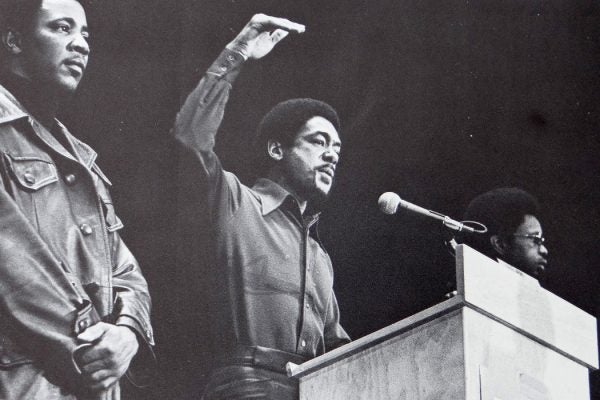Terroir Terror: The 1911 Champagne Riots
An environmental crisis and a dispute over regional boundaries sent both rioters and rivers of champagne pouring into the streets of Aube.
Wilhelm Reich: Twice Burned
A psychoanalyst and physician, Reich fled the Nazis only to be detained by the US as an “enemy alien” during World War II. And then came the sexual revolution.
Nuremberg: City of Dreams and Nightmares
From a mercantile powerhouse in the Middle Ages to a stage for genocidal horror in the twentieth century, Nuremberg has played a pivotal role in German history.
What Actually Happened to “The Danish Girl” and Her Wife
Lili Elbe, a Danish-born transgender woman, famously transitioned in the early twentieth century. What did her spouse, Gerda Wegener, think about it?
Publishing Queer Berlin
Weimar Germany was an improbably safe space for newspapers and magazines by and for lesbians.
Sex-Cult Rocket Man
Jack Parsons, one of the “suicide squad” trio of young rocket-boy founders of Jet Propulsion Laboratory, had an improbable extracurricular life.
African-American GIs and German Radicals: An Unexpected Alliance
In December 1969, radical German students reached out to the increasingly politicized black GIs. Together, they organized a series of rallies and teach-ins at German universities.
Gender Identity in Weimar Germany
Remembering an early academic effort to define sexual orientation and gender identity as variable natural phenomena, rather than moral matters.
The Man behind the “New Man”
Otto Weininger's only book, Sex & Character, is a misogynist, anti-Semitic screed masquerading as philosophy. Yet it was enormously influential in fin-de-siècle Vienna.
An Affordable Radio Brought Nazi Propaganda Home
In the 1930s, Nazi Propaganda Minister Joseph Goebbels led the charge to create a radio cheap enough that even workers could own one.









